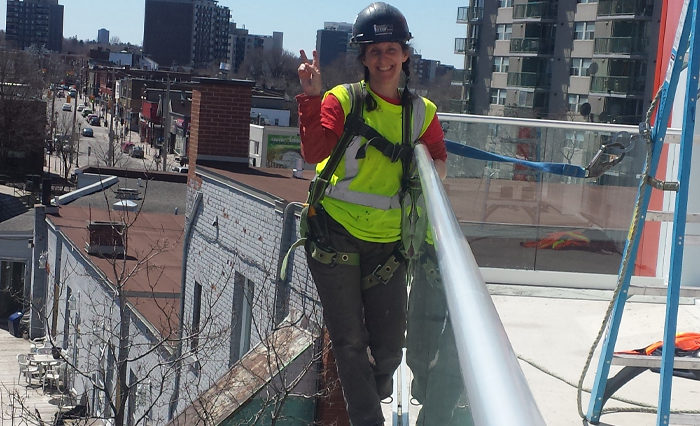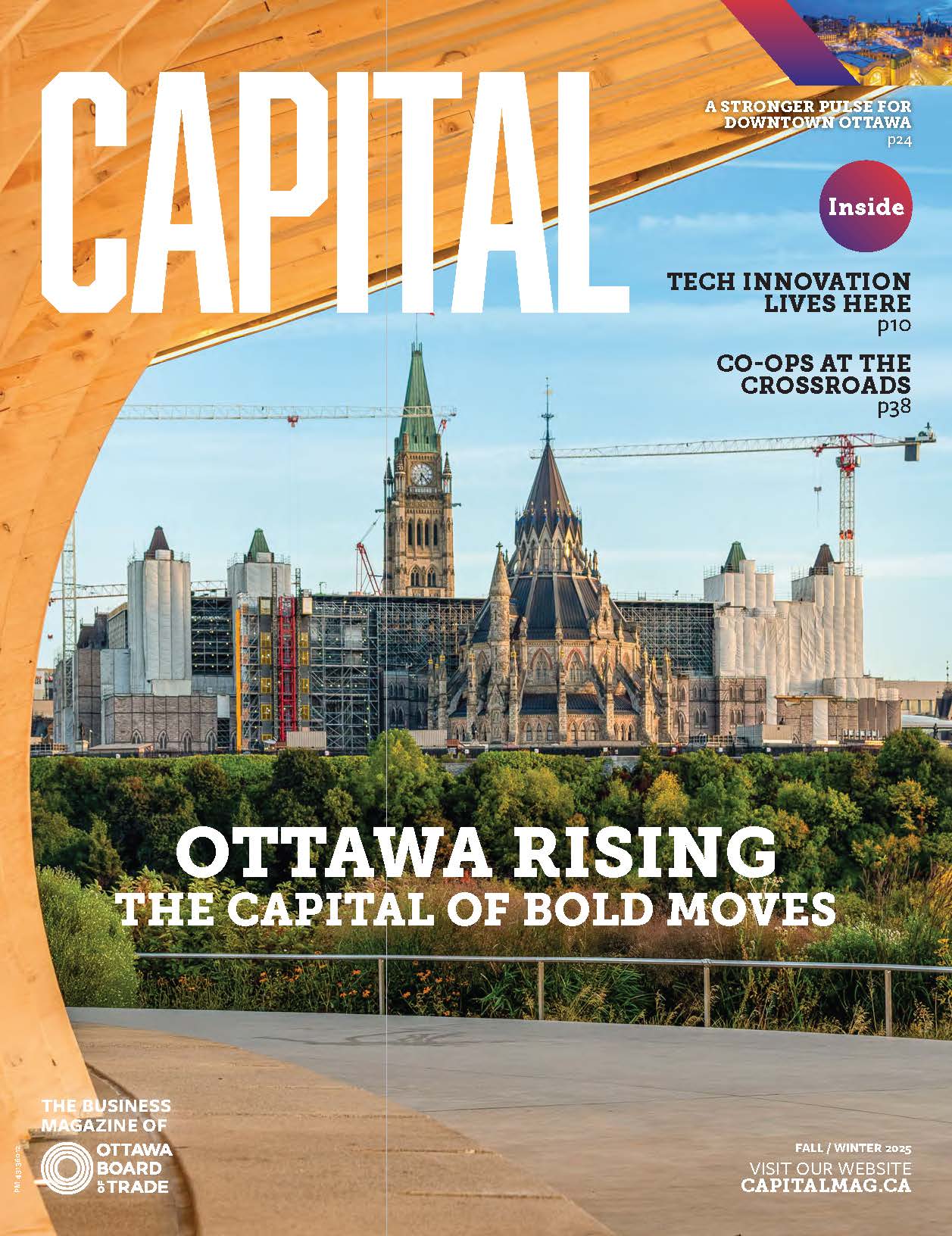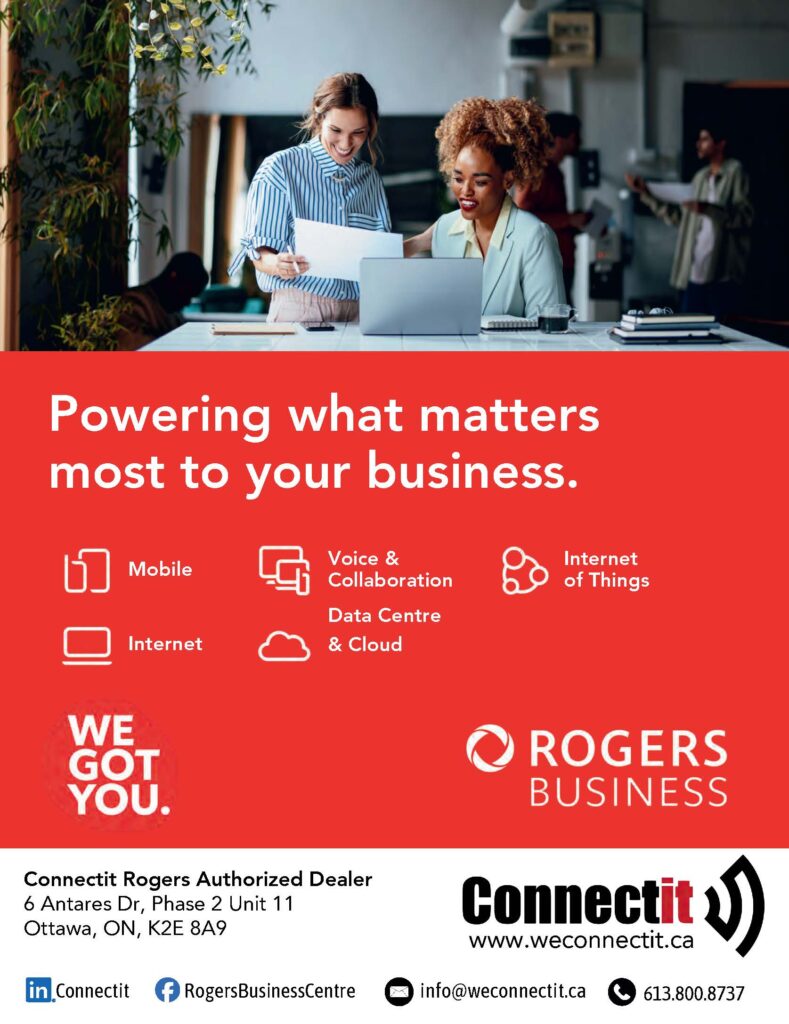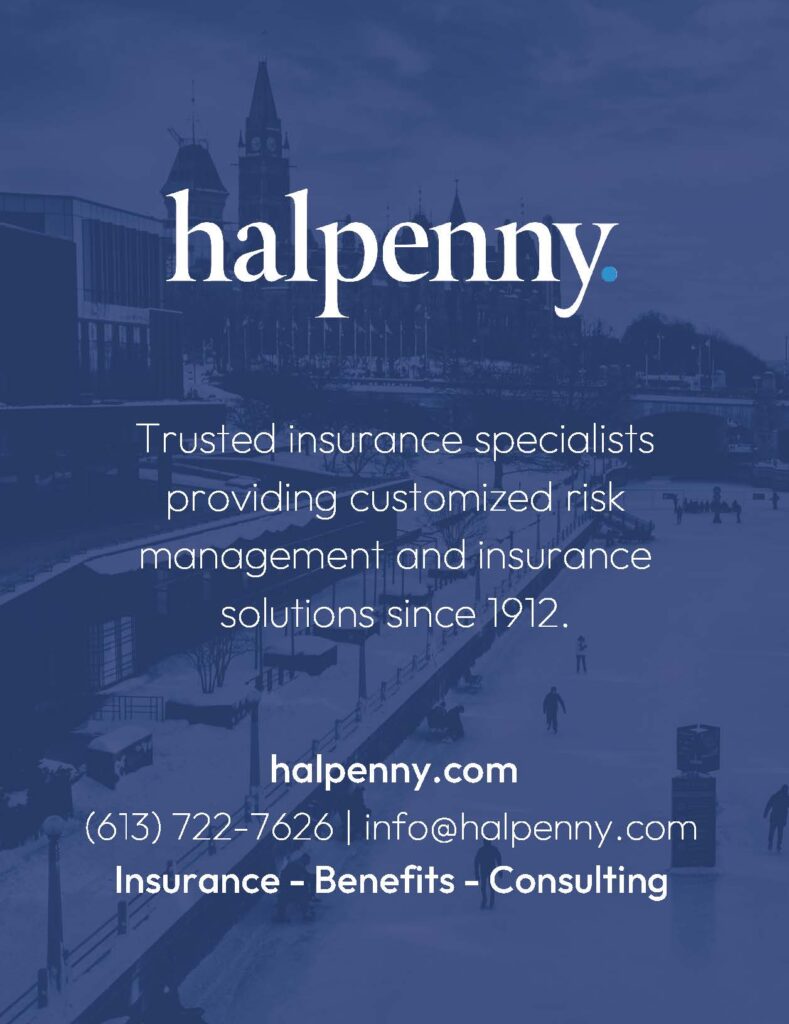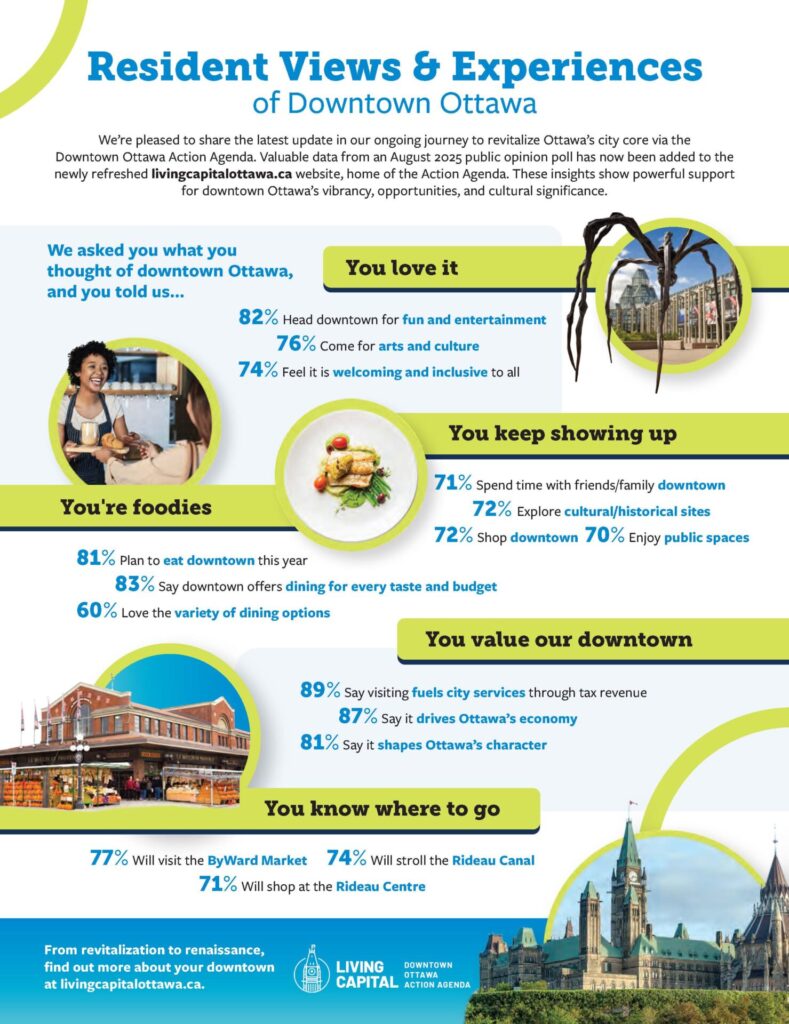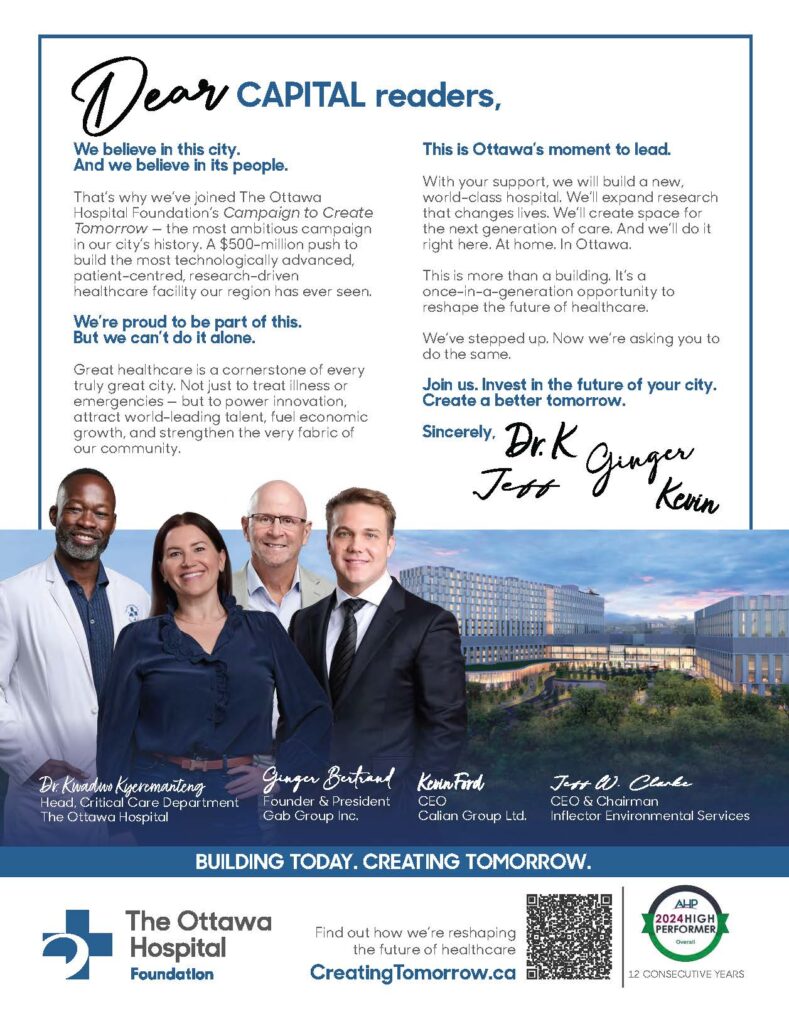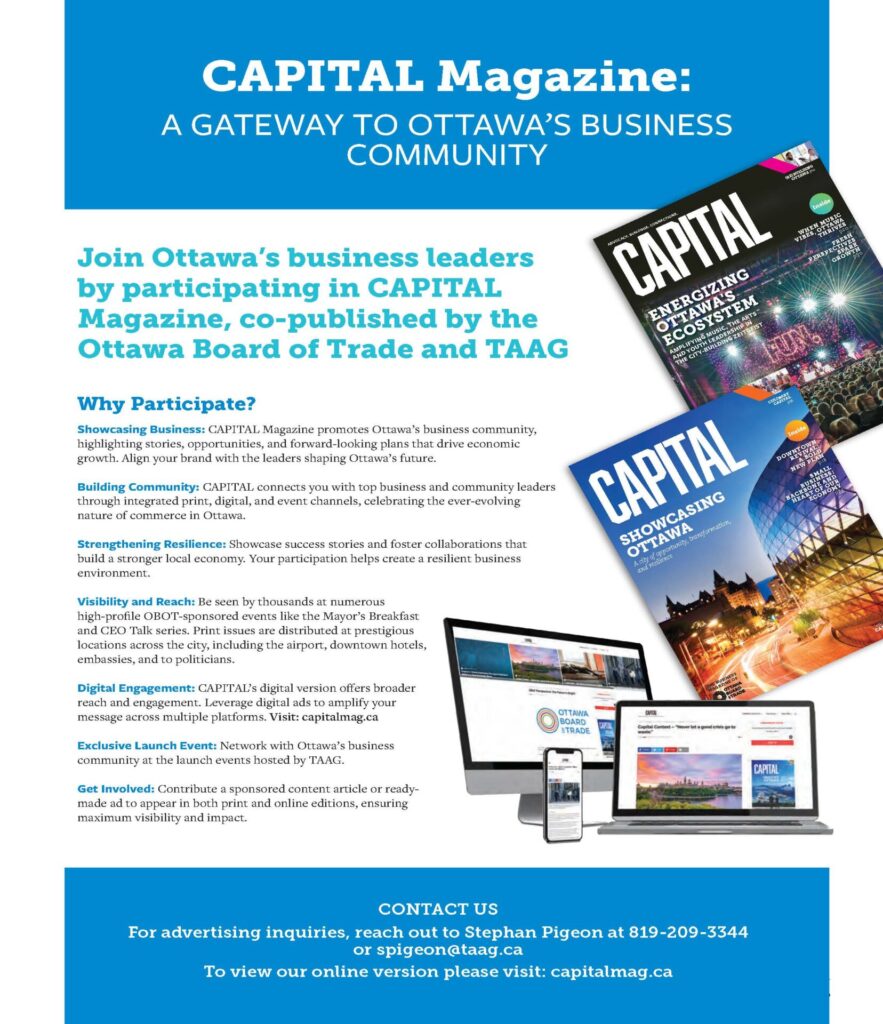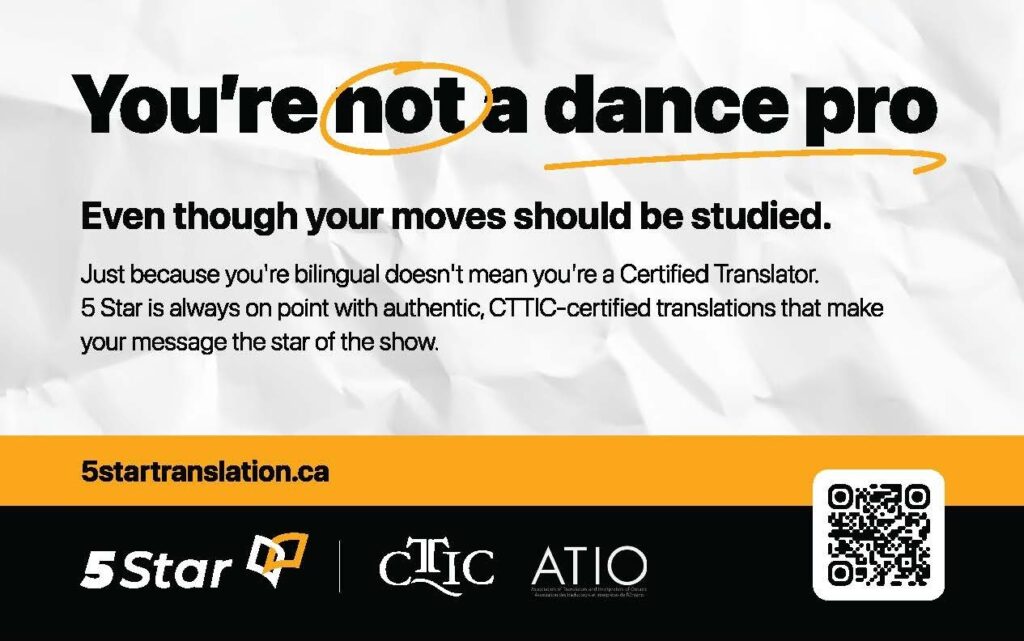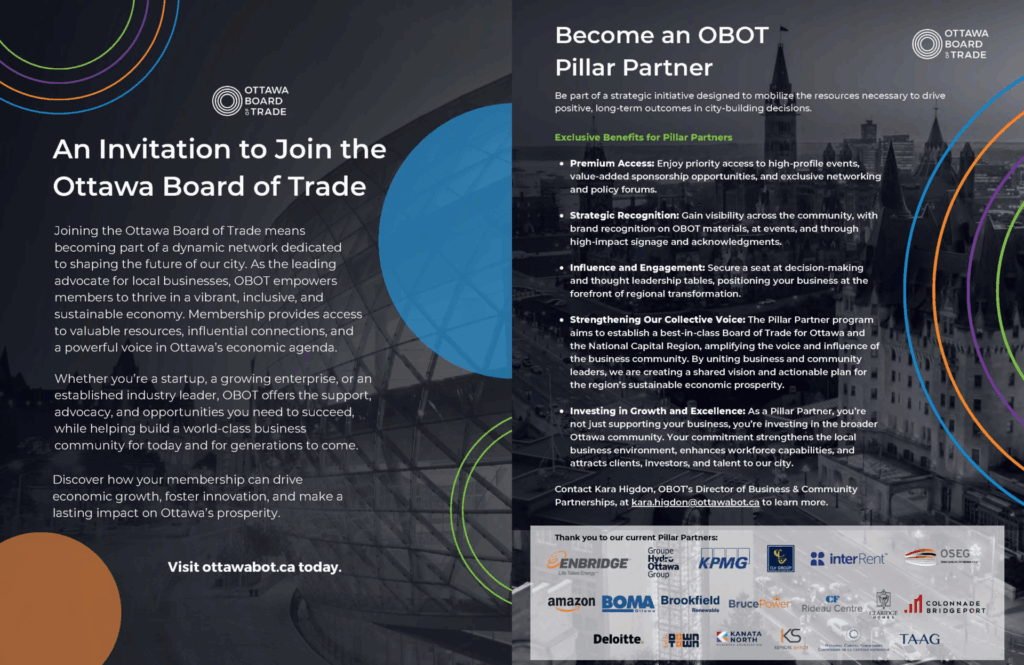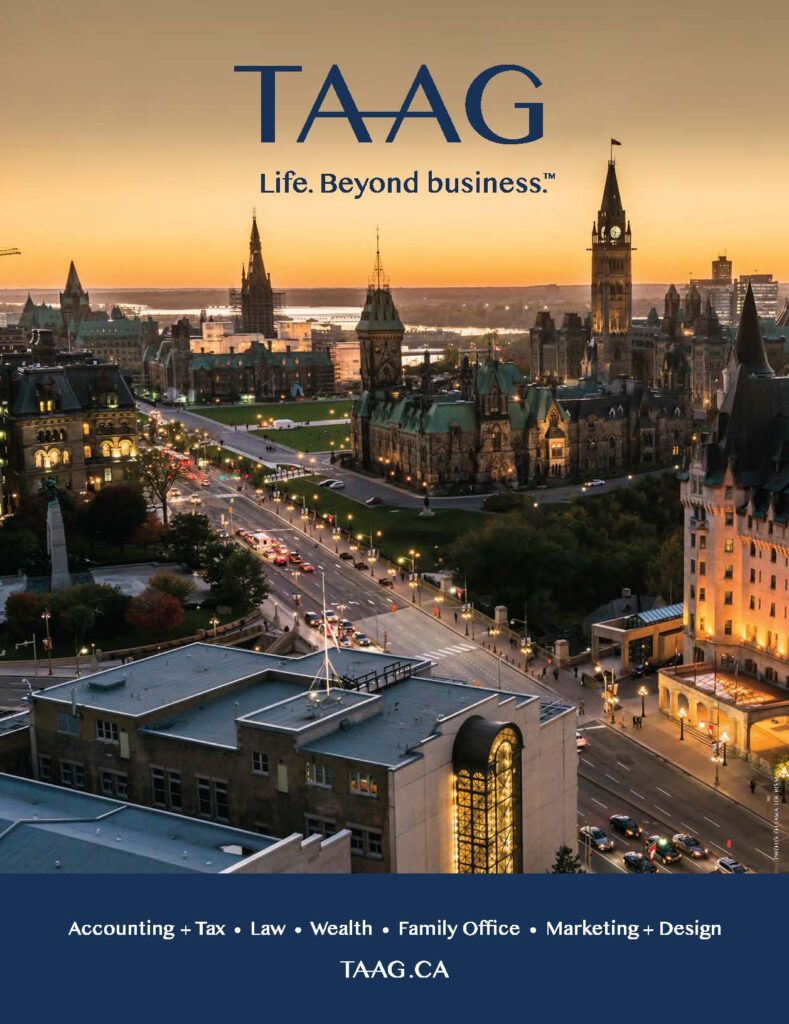The Future of Inclusion in the City of Ottawa
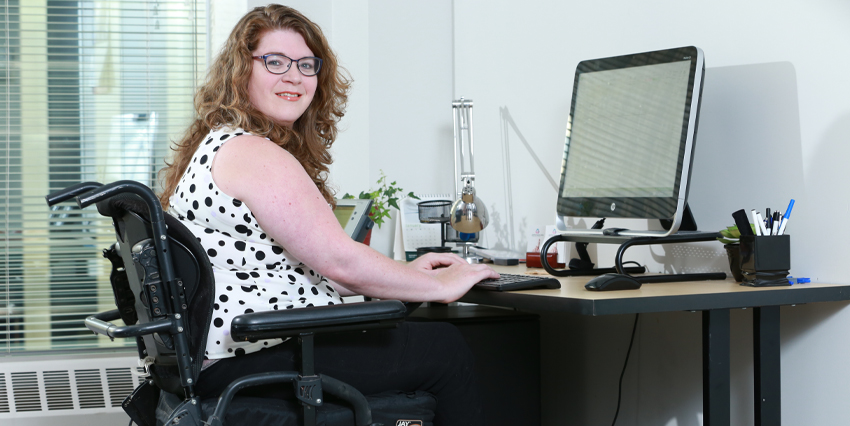
Brittany Williston, Rehabilitation Consultant, PPRC Inc.
IT’S NOT ALWAYS enough to post a resume and cover letter online if you’re looking for a job. Online application systems often screen out applicants who are ready and willing to work, according to Brittany Williston from Performance Plus Rehabilitative Care (PPRC).
“Everyday clients come to us and say ‘I want structure, I want a sense of purpose. I want to feel like I’m contributing. I have these skills, let me use them,’” says Williston. “People with disabilities are an untapped market – they have the skills to contribute just as well as anyone else.”
PPRC is a private company the provides employment support to help people with disabilities get meaningful work.
“We find our clients need to network through our employer liaisons and job developers,” says Williston. “This helps them to build the connections they need to get the job.”
She helps clients develop the skills needed to find employment by establishing goals, preparing a resume, and learning interview techniques. It’s a collaborative process to identify a client’s skills and overall aspirations, and ensure the necessary supports and accommodations are in place for their integration into the workforce.
Much of PPRC’s approach is modeled from the experiences of the team, under founder Linda Simpson.
“When Linda looks for a consultant to come work with clients, a lot of the time she is looking for the personal experience of living with a disability,” Williston explains. “Many of my peers are people with disabilities who have persevered and become successful. We can work with clients who have a disability to help get the proper supports in place. So, we’re not just talking about it; we’re walking the walk.”
Employers often hesitate to hire someone with a disability. This stems from a lack of information about disabilities and a lack of guidance, rather than a lack of willingness. PPRC’s counsellors work with employers to provide Disability Awareness and Etiquette training on how best to integrate people with different types of disabilities. Once someone is placed, the counsellors continue to monitor the placement to ensure that it’s a good fit and a win-win for both parties.
When asked about the future of inclusivity in Ottawa, Williston says the future is bright.
“There’s more and more education regarding the need to be inclusive within the business community. We are having more meetings with employers and policy builders that want to promote inclusion in the workplace,” she says. “I would say the future is quite bright and getting brighter. Clients with disabilities, however, still need a voice and an organization that is going to provide them with the support to help get there.”

